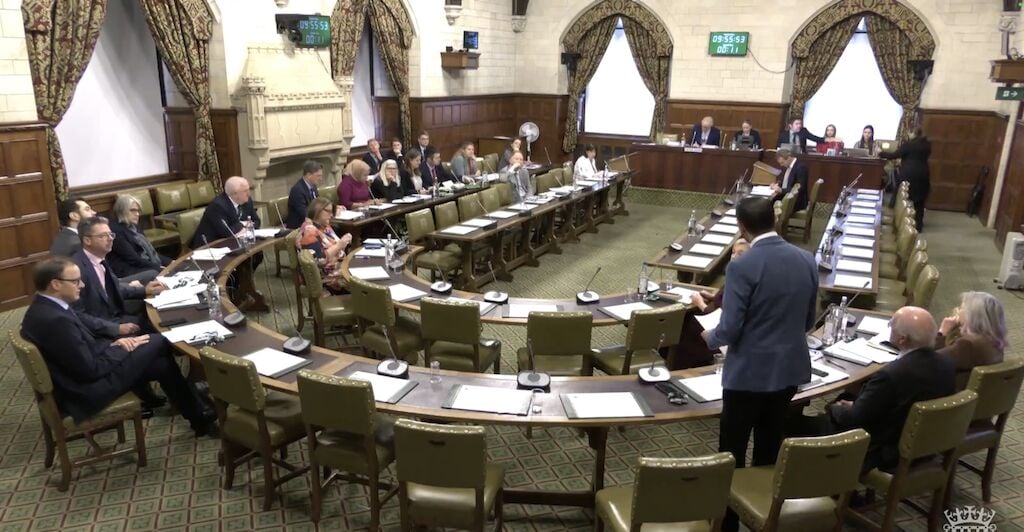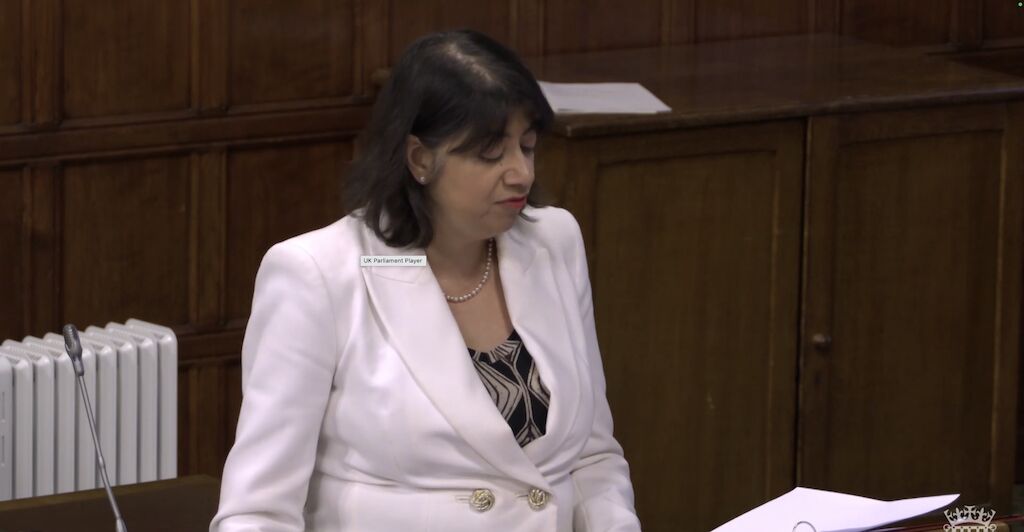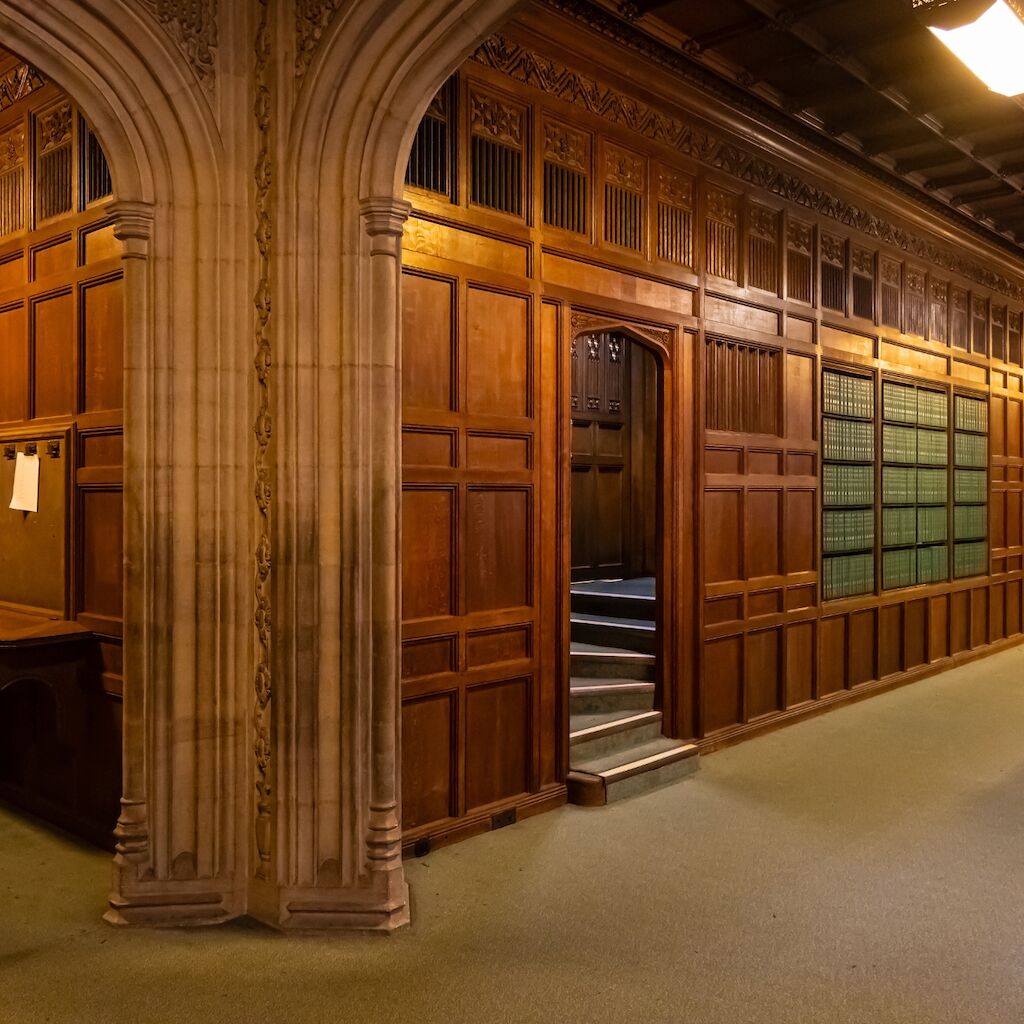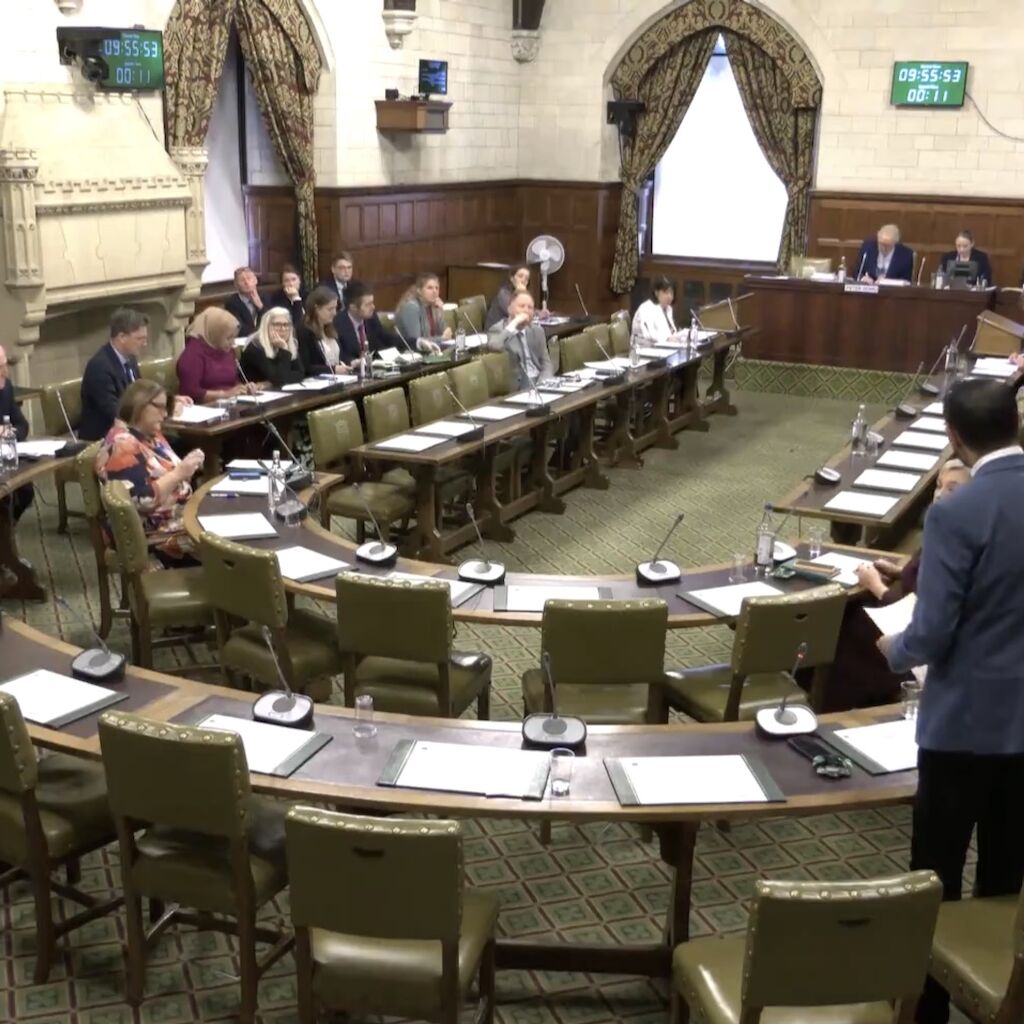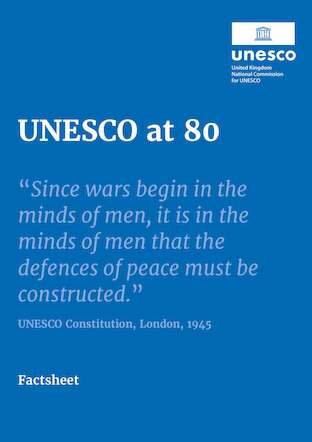Jonathan Davies, MP for Mid Derbyshire, opened the discussion by recalling UNESCO’s origins in London in 1945. Emerging from the devastation of the Second World War, UNESCO’s founding principle was to build peace through international co-operation in science, education, communication and culture.
Celebrating UNESCO at 80 at Westminster
On 18th November a Parliamentary Debate was held in Westminster Hall at the Houses of Parliament to mark the 80th anniversary of the founding of UNESCO.
The 19 MPs taking part in the debate represented constituencies across the UK, from the Western Isles in the north to the Isle of Wight in the south. MPs spoke passionately about the continued importance and relevance of UNESCO 80 years on from its founding, both in their own constituencies and across the UK.
MPs highlighted the UNESCO designations in their own constituencies, with the following World Heritage Sites all getting a mention: Derwent Valley Mills, Saltaire, Slate Landscape of North West Wales, Giant’s Causeway and Causeway Coast, St Kilda, Ironbridge, Edinburgh Old & New Towns, Hadrians Wall, Tower of London, Antonine Wall, Gracehill Moravian Church, Palace of Westminster and the Forth Railway Bridge.
Mourne Gullion Strangford and Arran were highlighted as Global Geoparks, along with the Isle of Wight and Wester Ross Biospheres. The newly-announced City of Literature, Aberystwyth Ceredigion, was mentioned, along with other Creative Cities, Edinburgh, York, Glasgow. The work of ASPNet schools and UNESCO Chairs and UNITWIN networks were also highlighted.
Many MPs made the point that UNESCO sites in the UK are not just tourist attractions; they are living reminders of Britain’s contributions to global culture and industry, and they generate billions in heritage funding and tourism revenue.
Speakers also celebrated UNESCO’s ongoing global impact, keeping education alive in war zones, championing girls’ education worldwide, supporting science, from the creation of CERN to mapping the ocean floor and rebuilding cultural heritage destroyed by conflict.
A number of MPs raised concerns about threats to UNESCO sites from climate change, tourism pressures and development conflicts. There were calls for additional funding, and also for a national strategy for UNESCO sites in the UK to unify conservation efforts and strengthen international leadership.
Following the debate, Jonathan Davies MP, said:
"UNESCO’s mission to build peace through education, science, and culture is as relevant as ever. As we celebrate 80 years of this remarkable organisation, we reaffirm our commitment to protecting heritage, fostering dialogue, and creating opportunities for future generations to thrive. I was pleased that the Government reaffirmed its commitment to UNESCO at this debate and look forward to supporting its work to build local identity and support international peacebuilding. I look forward to continuing to work with UK National Commission for UNESCO through the work of the APPG on UNESCO World Heritage Sites."
Minister for the Foreign, Commonwealth and Development Office, Seema Malhotra MP, responded to the debate by welcoming the contributions, highlighting the UK’s strong engagement with UNESCO, and noting that 170 constituencies host UNESCO designations. She noted the UK’s membership of UNESCO as a tool of soft power, projecting UK strengths in education, science, and culture, alongside active participation in global programmes.
Importantly, the Minister concluded by saying: “As UNESCO marks 80 years since its founding in London, its mission to build peace through education, science, culture and communication is as vital as ever. The UK remains committed to that mission and will work with partners to ensure that UNESCO reforms and delivers for today’s world.”

